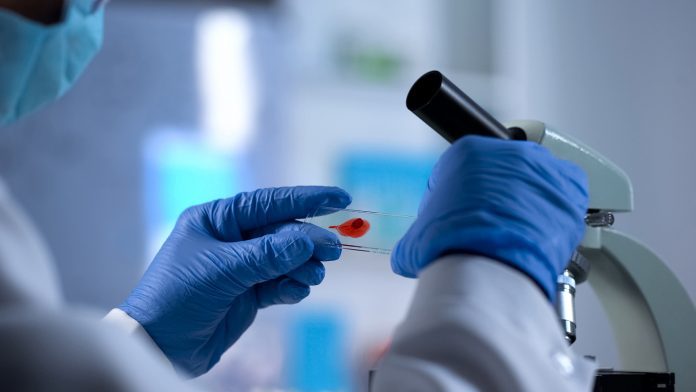
A team of Danish researchers have made significant steps towards finding a HIV cure through the use of experimental medicines.
Existing treatment for HIV can keep the disease in check; however, there is currently no HIV cure. Researchers have been working on a HIV cure for close to 40 years, unfortunately with little success.
Recently, a team of researchers from Aarhus University and Aarhus University Hospital have taken a new approach to developing a HIV cure. The new research is based on the idea that experimental medicines can strengthen the body’s immune system and suppress the virus.
The research was led by Dr Ole Schmeltz Søgaard, Professor of Translational Viral Research at Aarhus University. The findings have been published in the journal Nature Medicine.
“This study is one of the first to be carried out on human beings in which we have demonstrated a way to strengthen the body’s own ability to fight HIV – even when today’s standard treatment is paused. We thus regard the study as an important step in the direction of a cure,” said Dr Søgaard.
Antiretroviral therapy
Currently, people with HIV are offered antiretroviral therapy, which can keep the effects of the disease at bay but is not a HIV cure. Antiretroviral therapy suppresses the amount of virus in the blood, partially restoring the immune system.
If antiretroviral therapy is stopped, the amount of the virus in the blood will rise to pre-treatment levels within a matter of weeks, regardless of whether the patient is ten or 20 years into the treatment. This happens because HIV can hide its genome in the body’s immune cells. This led the researchers to explore the role of these cells in their study.
The researchers examined the effects of two types of experimental medicine on people recently diagnosed with HIV. Participants were randomly sorted into four groups, all of whom received antiretroviral therapy.
The first group of participants received the drug Romidepsin, this was intended to prevent the virus from hiding its genome in the immune cells. The second group were given monoclonal antibodies, which may eliminate infected cells and strengthen the immune system.
The third group received the standard treatment without experimental medicine, and the final group received a combination of the standard treatment and both types of experimental medicine. The researchers observed some encouraging results.
Encouraging steps towards a HIV cure
“Our study shows that newly diagnosed people with HIV who are given monoclonal antibodies together with their usual HIV medicine show a faster decrease in the amount of virus after the treatment starts and develop better immunity against HIV, and their immune system can partially or completely suppress the virus if they are taking a break from their usual HIV medicine,” explained lead author, Dr Jesper Damsgaard Gunst from Aarhus University Hospital.
The theory behind the study is that monoclonal antibodies can help the immune system to recognise and kill infected cells. These antibodies can bind to the viruses that end up in the lymph nodes and train certain immune cells to develop immunity to HIV.
Despite the encouraging results so far, the researchers have emphasised that a HIV cure is still a long way off. The researchers will need to find a way to optimise the treatment and amplify its effects. The research group is currently working on a larger study, which will look to find a way of optimising the experimental treatment.
“We speculate that the optimised treatment will have an even stronger effect on both the virus and the participants’ immunity. This way we hope to enhance the immune system’s ability to permanently suppress the remaining virus,” concluded Dr Søgaard.

























